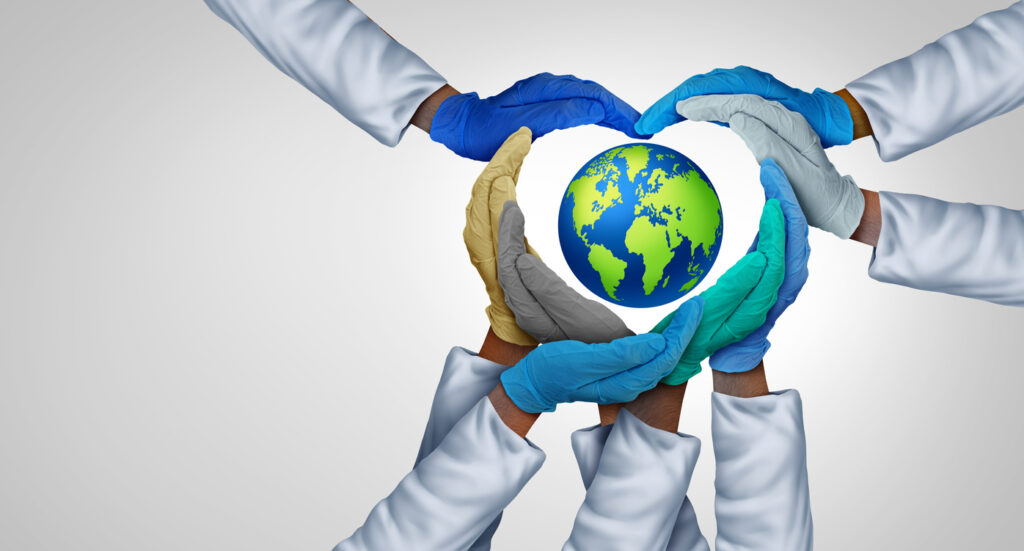Dermatology and patient associations are calling for a higher prioritization of skin diseases across the globe.
This is the main takeaway from a meeting by the International League of Dermatological Societies (ILDS) and the International Alliance of Dermatology Patient Associations (also known as GlobalSkin) that took place at the 77th World Health Assembly in Geneva, Switzerland .
There are more than 3,000 identified skin diseases, involving the skin, mucosae, nails, and/or hair. Collectively, this group of diseases, of which 4.69 billion new cases were diagnosed in 2021, forms the world’s fourth leading cause of non-fatal burden and is in the top 10 causes of disability. skin diseases affect more than 3.3 billion people worldwide in all age groups, according to data presented by Luca Borradori, MD, Chair of the ILDS Patients’ Organizations Committee and a dermatologist in Bern, Switzerland.
In addition, neglected tropical diseases with skin involvement are another common cause of significant disability. “More than 3.3 billion people are affected by these disorders, which, combined, are major contributors to the overall global burden of diseases expressed in years lived with disability and disability-adjusted life years in both low-income and high-income countries,” Dr. Borradori says in a news release.
Access to dermatologic care remains a challenge around the world largely due to gaps in primary care as dermatology training in many medical schools is either inadequate or non-existent. As a result, long wait times to see a dermatologist are experienced by many patients. In high-income countries, the wait can be up to 12 months while patients in many middle- or low-income countries are likely never to access this specialist care.
The lack of dermatologists in training is also an issue. Many of the world’s current practitioners are aged 55 or older and there are too few in training to replace them.
To better address these challenges, the ILDS and GlobalSkin are calling for:
- A focus on all skin diseases, including allergies, inflammatory diseases, autoimmune diseases, genetic diseases, vascular diseases, cancers, infections (viral, bacterial and fungal) and rare auto-inflammatory diseases
- Dedicated health investment to expand expertise, particularly among primary health care workers, enabling them to diagnose and support those living with skin disease
- Support for the expansion of skin diseases research capacity to provide innovative diagnostic tools and new treatments
- A strengthening of the role of the WHO in boosting coordinated and universal data collection tools, bolstering local production of generic medication, leading skin-health research and improving healthcare training.
They also called for an elevation in the importance of these skin diseases in policy making and for greater collaboration between affected individuals, healthcare professionals and policy makers.
“Skin disease is much more than a rash,” says Claire Fuller, MA, FRCP, Chair of the ILDS International Foundation for Dermatology (IFD), in a news release. “It is a leading cause of global disease burden and has a significant impact on the quality of life of affected individuals. Mental health problems, shame, stigmatization, social isolation, bullying and a reduction in personal productivity at work are all commonly reported. The burden on public health systems is also huge.”


